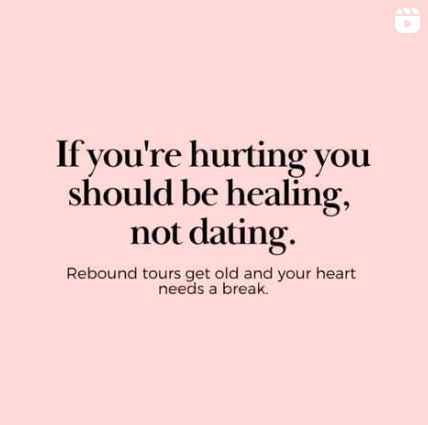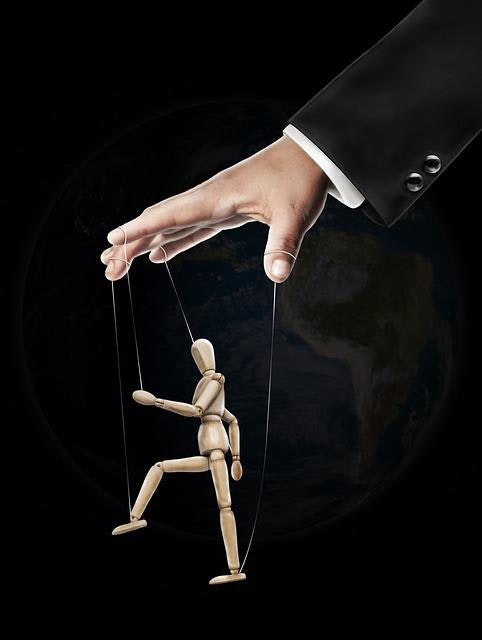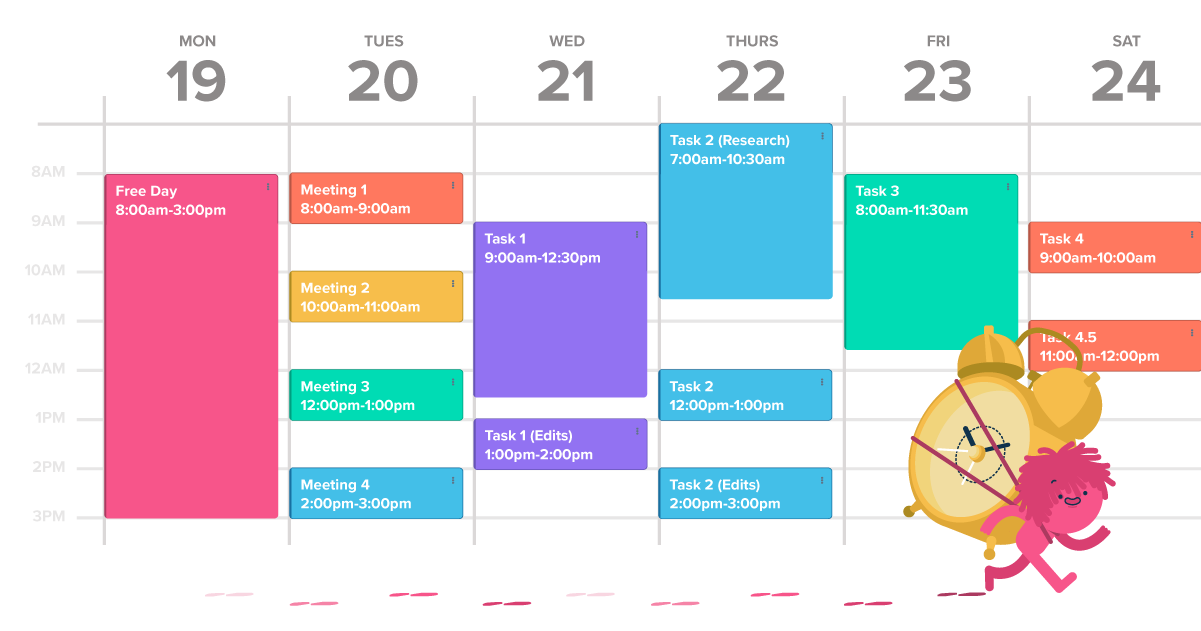Red Flag – Definition 🚩
The talk of red flags is everywhere (thank you, internet!). Global access to social media has provided a platform for people to vent and seek advice when they are trapped in abusive relationships. It has come to light that there are dozens of red flags flying around, and younger people are more susceptible to them. So, let’s join the conversation.
What are red flags? According to the traditional dictionary definition, a red flag is any sign of impending danger. But its meaning has changed into a more specific connotation. Nowadays, red flags refer to problematic behaviours in interpersonal relationships.
Common examples include silent treatment, a lack of communication, secretive behaviours, and jealousy fits. While understanding and compromise are the foundations upon which any good relationship is built, it’s equally important to consider the traits you find unacceptable. What is more, it’s essential to learn to identify red flags as traits that you should not accept under any circumstances.
Red Flag Signs Not To Ignore!
No red flag is a good sign, but some are more obvious than others. Regardless of whether you’ve only just noticed this behaviour or you’ve known and turned a blind eye, now’s the time to open both eyes and watch out for the following:
- Angry outbursts. This person cannot regulate their emotions and behaviour, and the worst thing is, you never know how far their tantrums can go. Whatever the cause for a fight or displeasure may be, fits of rage cannot be justified.
- You don’t trust them. Trust is a must – there’s no way around it. If you find yourself suspicious, doubtful, or fearful of your partner’s exploits, you need to address the issue. It doesn’t matter if you don’t trust them to be loyal or handle their (rather your common) finances; you should talk about this. If things don’t improve, you might spiral into a bottomless pit of confusion and anxiety.
- Verbal and/or physical abuse. If an insult flies, it’s time to flee. Don’t hang out for a second longer to find out what else might come your way. Verbal abuse is highly aggressive, and even if you’re arguing, there is no space for hurtful words. If your partner ends up throwing something at you, you really shouldn’t wait any longer for things to escalate. Report them to official services and plan a way out.
- Sexual abuse. Just because you’re officially in a relationship, it doesn’t mean that you can’t say no. And no means bloody no in every situation. Don’t feel like having sex? Just don’t do it. Not a fan of some things in bed? You bet, don’t do it. If you feel that your partner is trying to coerce you in any way, report them immediately. PS This applies to contraception as well. If your partner tampers with your (or their) birth control, it is treated as statutory rape.
- Infidelity. I cannot stand cheaters. There are so many layers of abuse, disrespect, and derision in such an act that it’s impossible to phrase. Don’t fall for the manipulative ‘flirting is fine, as long as it’s just that’ spiel either. If you’re in a relationship, both of you should be committed to one another; otherwise, why are you wasting your time and emotional energy?
- Substance abuse. Do you seriously want to grapple with another person’s addictions and get dragged into them? Even if your moral compass is urging you to stay and try to fix things, speaking from the side of cold common sense, you really shouldn’t. It’ll only bring heartache.
- Emotional manipulation. This is a wide range of moves, from gaslighting to threatening to harm themselves if you do (or not do) something they don’t want you to. This is often a sign of controlling behaviour of a person who has no boundaries. Suicidal behaviour is not a topic to be taken lightly and should be addressed accordingly. If your partner is suffering from suicidal depression (which will be accompanied by many other symptoms), contact proper services. Otherwise, don’t fall for it.
- They (try to) control every aspect of your life. If you can’t meet your friends for a cup of coffee without this person being all up in your business, it’s time to have a proper conversation on boundaries. From simple things like meeting friends, controlling behaviour soon escalates into censoring what you wear, where you work, and who you hang out with. Run for the hills instead.
- Your family and friends don’t like them. Don’t fool yourself: Life is not a teen romance movie where you have to prove everyone wrong. If none of your friends or family like your significant other, it’s time to listen carefully to what they have to say. Chances are, your own emotions may be blinding you. If your partner turns this into an ‘us against the world’ statement, count your blessings and leave because they intend to isolate you from everyone and make you more vulnerable to manipulation.
- Narcissism. This is a recognisable psychological disorder that brings you more harm than it does your partner. If you notice they only care about their emotional needs while neglecting yours, they may well be a narcissist. For example, if you say you want to attend an event without them (e.g. work, friends, different interests) and they make a spectacle about you ‘leaving them’, maybe you really should.

Red Flags in a New Relationship
While it may take time for some of the above-mentioned red flags to surface, there are a few examples distinctively noticeable in new relationships.
- Love-bombing. Listen, no matter how excited you are about your new relationship and how charming your new beau or belle is, love-bombing is not a good sign. Bombarding you with gifts, making over-the-top gestures, being excessively needy, and riding on the soulmate narrative early on are more often signs you’re being manipulated by a narcissist or are about to be dragged into an abusive relationship.
- ‘I’m not good at relationships.’ If your new crush says this, believe them. Even though they’ll most likely present it as a joke, you’d do well to steer clear of your typical bad boys and girls and look for someone willing to do their best to be good at relationships.
- They are trying to isolate you from your friends and family. If the demands on your time seem excessive, they probably are. Here’s the thing: At the beginning of a relationship, we all want to spend every moment together. Still, if your partner is making moves to reduce your time with family (like trying to talk you out of it, cross-scheduling activities, or even trying to forbid you to go), take it as a warning sign.
- They don’t respect boundaries. You don’t need to tell anyone more than once what you like or dislike. If they dish out comments and ‘jokes’ that make you uncomfortable or try to push you into something you’re not yet comfortable with, take them seriously. Especially the good old ‘you can’t take a joke.’ No, you shouldn’t. When something is hurtful, don’t brush it off.
- They are hung up on their ex. If they can’t stop talking about their ex, you might be a rebound. Try to find out if that breakup was recent. If so, they’re looking for an emotional tampon, not a relationship, and the only one who will get hurt is you. On the other hand, if they had broken up long ago, there may be even more severe underlying issues. On that note, people who constantly talk trash about their exes might not be entirely honest about it and make themselves look like a victim. Don’t become the next crazy ex for them.
- They want to have access to your social media. You know what? Trust is one thing, but it doesn’t justify demanding access to your private accounts. If anything, it’s a blazing red flag of a future lack of trust, controlling behaviour, and emotional manipulation.
- They don’t want to make it official. I understand taking some time to see whether things are working out, but if this person consistently refuses to be seen with you in public or introduce you to their friends, they’re not taking you seriously.
- Withholding affection. One day it’s all roses and butterflies, and the next, silence? You may have been lured into a narcissist’s trap. Withholding affection is one of the common characteristics of abusers and manipulators (often combined with love-bombing). They give you the sense that everything is wonderful, and when they suddenly lapse into silence, ghosting, and outright aggression, you are left confused but desperate to hold onto the good times. Do yourself a favour and let go of the good times and find someone who will not make you doubt their emotions.
- You don’t know what’s up. If you can’t pinpoint whether you’re in a relationship or not, I’m going to vouch that it’s the latter. So, you’ve been seeing each other occasionally, possibly chatting, but no official language has been used? This person might have a fear of commitment, and that, my friend, is nearly incurable. Remember, you don’t need to play a relationship doctor.
For a fantastic relationship advice account, check out @lovingmeafterwe on Instagram.

Screenshot from lovingmeafterwe.
Some Social Media Red Flags in Relationships
Now, first off, social media is not real. Whatever you see there is carefully curated, and you shouldn’t take it seriously. Like all those #fitspo posts that actually ride on posing, lighting, and complimentary clothes. However, those little things in relationships do mandate your attention.
- Suspicious activity. No, this doesn’t mean liking someone else’s photos. At least not exclusively. I tend to like things on Instagram by default and can’t remember a thing afterwards (which is a whole other problem), but if your SO is commenting just a bit too much in inappropriate ways, you might want to tune into the situation. Ultimately, call it as you see it.
- Too much PDA or none at all? Neither of them is good. Posting too many pictures and declarations of love may be a sign of overcompensating for something that’s missing in your relationship. On the other hand, if they refuse to give any sign of your relationship on social media, maybe they’re not entirely honest with you about their emotions and commitment.
- They post things you disagree with. I’m not talking about liking the same memes. If they’re supporting a well-known racist and sexist politician, you might need to re-evaluate their moral compass. Supporting questionable behaviours is merely a mirror of personal tendencies.
- They seek too much attention. If this person is posting multiple selfies a day, there’s probably a reason for it, and it may involve other people. Some pictures are, of course, fine – people like to share their good moments, but there’s a fine line between innocuous and insidious.
- Infidelity is possible on social media too. If your SO has multiple social media accounts, adds random people at strange hours, follows too much sexual content, and can’t seem to keep themselves off of their ex’s page, you might as well call it cheating and that, as we’ve said, is just unacceptable.
Silent Red Flags in Relationships
As if you haven’t had enough already. Unfortunately, relationships are messy, and there are just so many red flags to spot. Thankfully, they are, for the most part, visible. However, let’s add a few sneaky ones to the list.
- Negging. Now that’s a new word in this social climate. It refers to giving ‘compliments’ meant to undermine your confidence like, ‘Oh, you’re really smart, I didn’t expect that’ or ‘That dress looks good on you even though you’ve gained weight.’ These nasty remarks are aimed at your self-esteem and are meant to make you feel unlovable. As a result, you might cling to the abuser because they, wonderful as they are, do love you.
- The way they treat restaurant staff. Ah, nothing tells you to run away like a person who is rude to people serving them. Ugh.
- They’re different when their friends are around. If they treat you like a deity in their world when you’re alone but pull a 180 twist on you when they’re with friends, you might want to zig-zag your way out of that.
- You cannot see your future with them. If there’s that nagging gut feeling that you have an expiration date due to this or that reason, it’s time to part ways. Cut your losses before either of you are in so deep that it makes things more painful.
- Too many arguments or none at all. Now you might be wondering why no arguments may be a red flag, but if a person refuses to disagree with you on any point, they might be hiding something. Additionally, if you feel like you cannot bring up certain issues with them, you need to re-evaluate your communication and trust. On the other hand, if you can’t stop fighting over the smallest of things, maybe it’s time to step back from it all.

You’ve Spotted Red Flag Symptoms – Now What?
You’ve noticed one thing in common with many of the red flags listed here – my earnest advice to get out. There are situations when you might fix the issue by talking about it. Sometimes we do worry about how our partner may react to an issue or if they might be hurt, but this should not be the main motivation for keeping your relationship going. Gather your thoughts and start a conversation. If nothing changes, get out.
On the other hand, some of the red flags are unforgivable – aggression, infidelity, gaslighting, and verbal, physical, or sexual abuse – there’s no discussion about these. It’s not your job to fix anyone or tolerate their personal shortcomings.
But How Do You Get Out?
It’s a fact that we all behave differently when we’re in a relationship. Some people are confident and secure; others tend to fear that their partner may leave them. Knowing yourself is the key to knowing how you might behave in case of problems.
Why is this important? Without going too deep into psychology, some people, especially those afraid of being hurt or doubt their worth, tend to tolerate red flags. On this occasion, I invite you to consider your own attachment style and seriously ask yourself if you’re the type of person who silently tolerates abuse. If so, stay on guard when spotting these red flags. Abusers tend to recognise those who will put up with their behaviour, so don’t let yourself become that person.
If you’ve noticed problematic behaviour in your partner, plan a safe exit ASAP! For example, if your partner is prone to violent outbursts, call your family or friends, who will support you and help you leave the situation. If necessary, alert the police and insist that they listen to you. Remember that you’re a good person, and you are worthy of the love you deserve. When you get a chance, leave and don’t look back.
If you are in an abusive relationship and are struggling to get out, consider phoning a domestic abuse hotline.
Red Flags, Green Flags?
Not everything needs to be so bleak. Yes, there are many red flags to recognise and deal with, but it doesn’t mean there are no green ones. If anything, even if you’ve been with someone who treated you with less love and care than you deserve, you could always take it as a learning opportunity and steer clear from similar behaviours.
I’ll be honest; I believe that life sometimes may put you in similar situations to test how you react. You cannot expect different outcomes by making the same decision. When you finally choose yourself and your well-being, green flags will fly. Here are some of those green flags:
- Being yourself and not changing for them.
- Having similar values and ideals.
- Respecting one another’s opinions, and even when you disagree, you deal with it in mature ways.
- Feeling valued and appreciated.
- Growing together.
- Taking care of each other.
With that said, I wish you the very best of luck! Choose your partners wisely and carefully!
A red flag is a warning signal of some danger ahead. Nowadays, the meaning has shifted to problematic and unacceptable behaviour in interpersonal relationships.
There are many red flags, and they can vary in degree and severity. Common examples of red flags include poor communication, not respecting boundaries, abusive behaviour, and gaslighting.
Some red flags can be sorted out with conversation and therapy. However, some should never be tolerated. Major red flags are infidelity, gaslighting, controlling behaviour, angry outbursts, and physical, sexual, or emotional abuse.
Mostly, red flags surface in intimate relationships. Some red flags in a relationship you need to pay attention to include suspicious online activities (multiple profiles, problematic posts, and flirtatious behaviour), love-bombing, attempts to isolate you from friends and family, invasion of privacy, and jealousy fits/possessiveness.
How we ensure our content is accurate and trustworthy?
At StudySmarter, we have created a learning platform that serves millions of students. Meet the people who work hard to deliver fact based content as well as making sure it is verified.

Gabriel Freitas is an AI Engineer with a solid experience in software development, machine learning algorithms, and generative AI, including large language models’ (LLMs) applications. Graduated in Electrical Engineering at the University of São Paulo, he is currently pursuing an MSc in Computer Engineering at the University of Campinas, specializing in machine learning topics. Gabriel has a strong background in software engineering and has worked on projects involving computer vision, embedded AI, and LLM applications.
Get to know Gabriel




